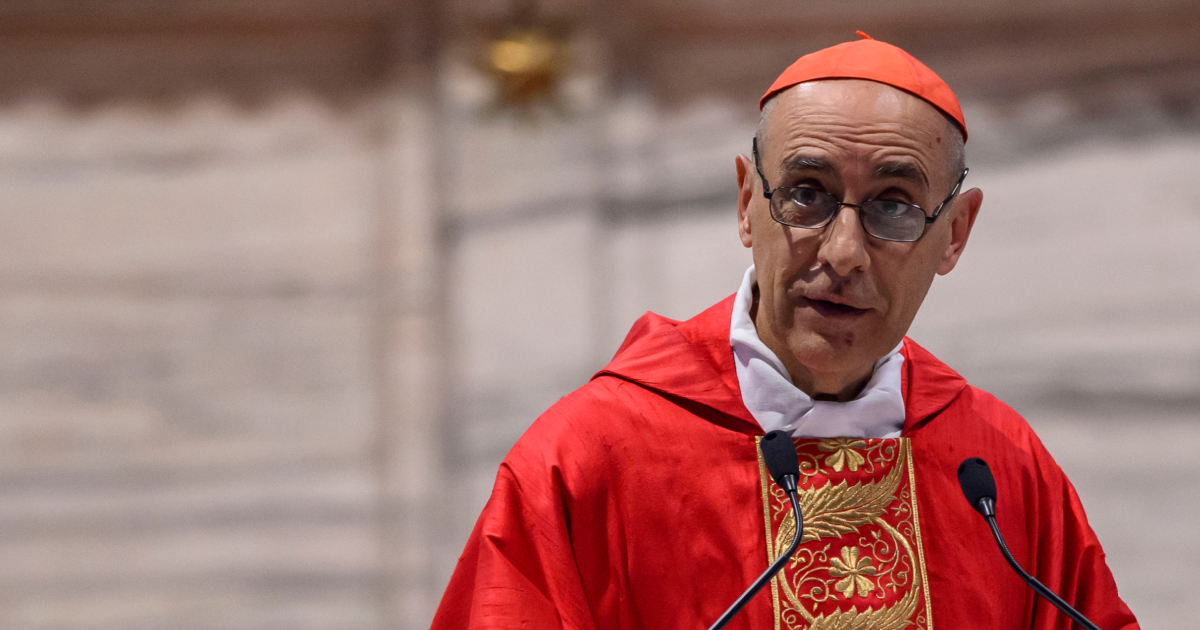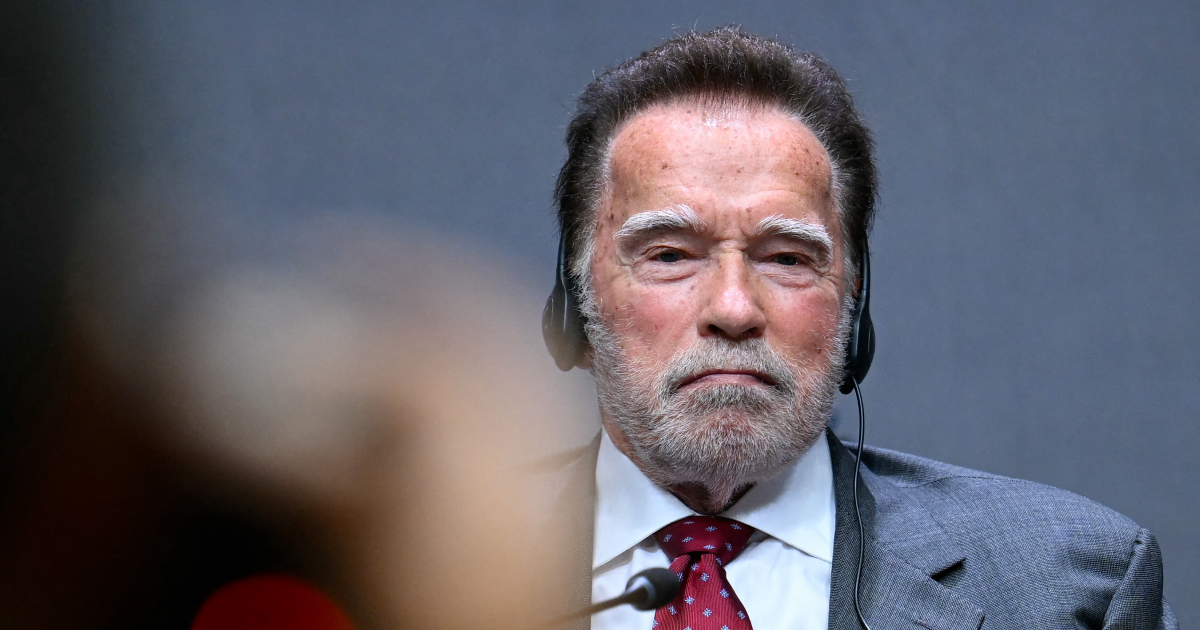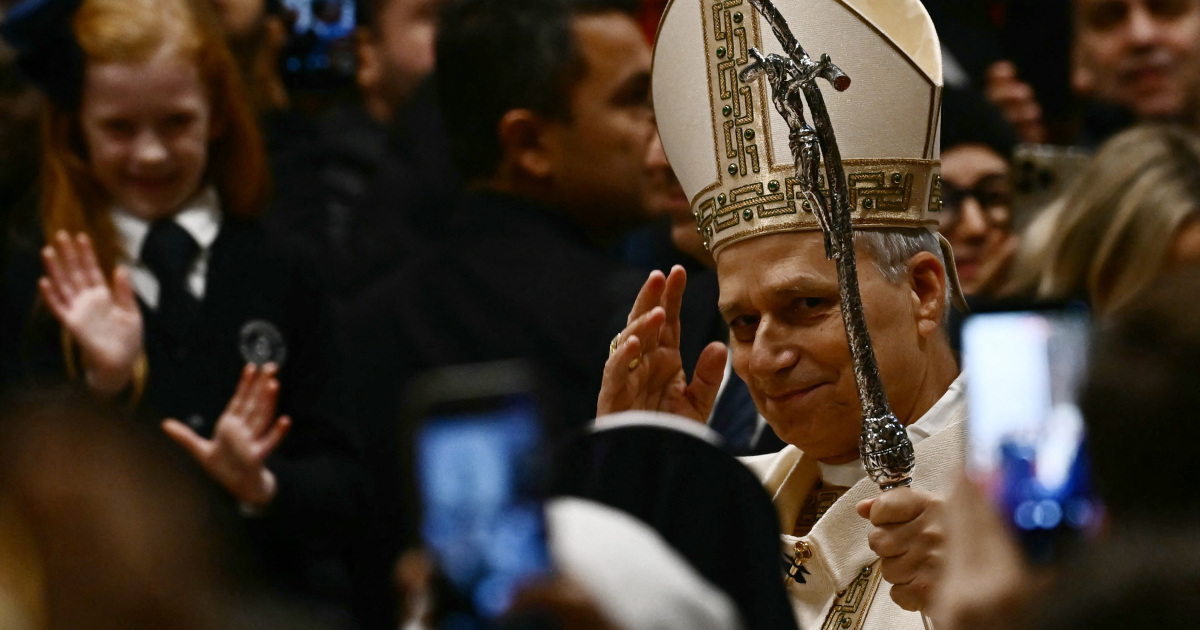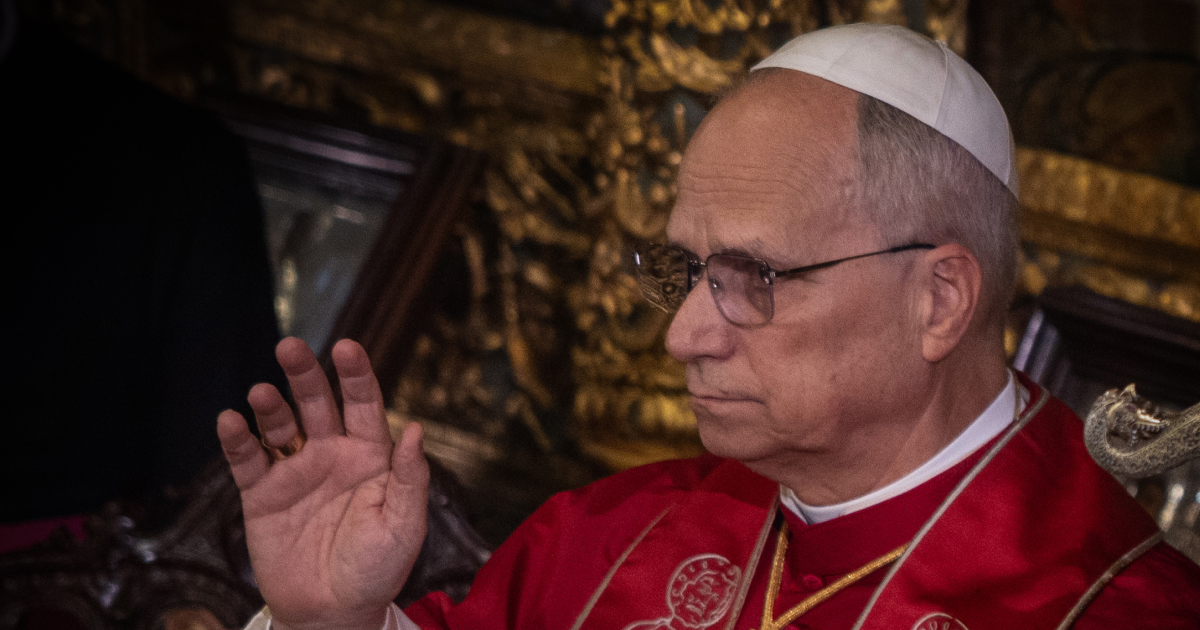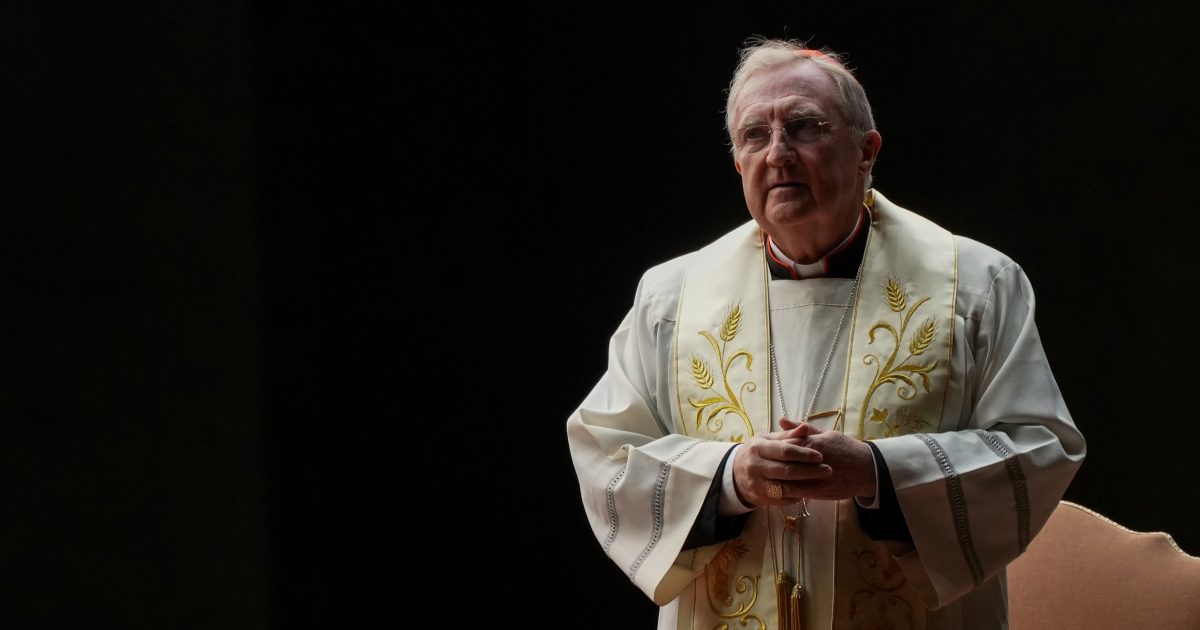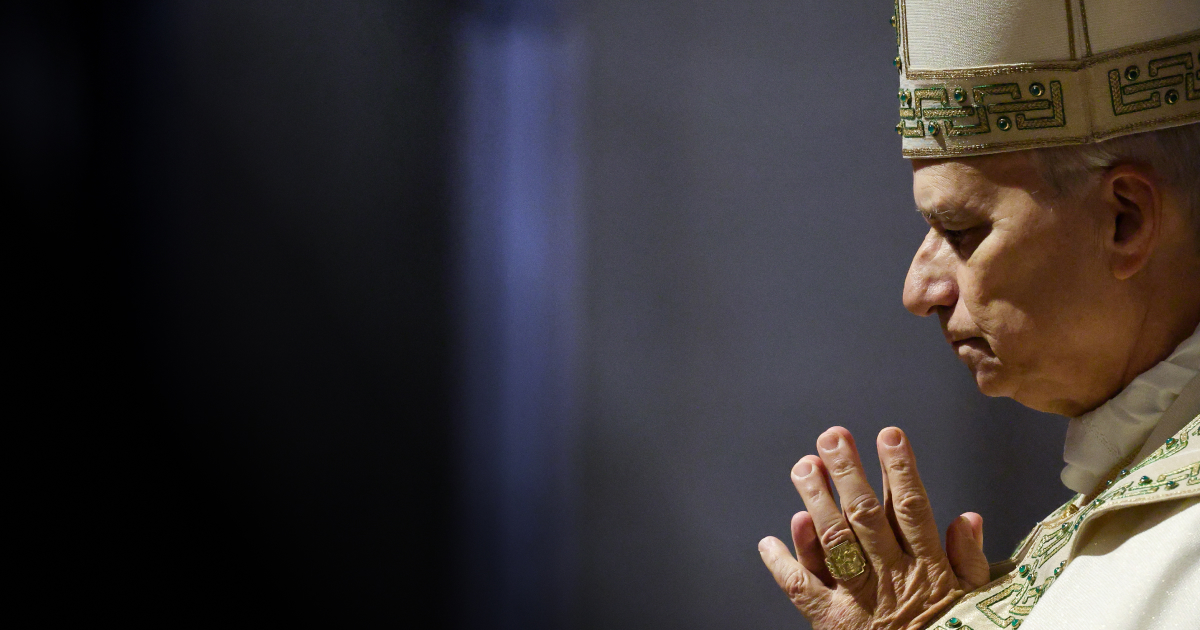The theological eruption caused by Cardinal Victor Manuel Fernández in early November was entirely predictable and serves to highlight the current sorry state of the office he leads.
It has long appeared to be a practice in Rome that a cleric does not necessarily need to have a natural ability for the role he is brought to the Vatican for. The case of disgraced Bishop Gustavo Zanchetta is a high-profile example. When Zanchetta resigned his see in 2017 in disgrace over the revelations of homosexual predation on seminarians, Pope Francis created a new post for the bishop at the Vatican, defending the bishop for the next two years.
It has also been the case with Father Marko Rupnik, whose art and mosaics have adorned the walls of the great and the good around Rome, whilst reports of his abuse of nuns were downplayed by relevant superiors. Never mind the alleged serial abuse and the intimate link between that and his art, Rupnik was the in-demand artist of the season, and what a long season he has had.
Since 2023, the Church has seen something similar with Cardinal Fernández, who was raised to lead the Congregation for the Doctrine of the Faith (now known as DDF) by his longtime friend and mentor Pope Francis. So polemical had Fernández’s past been that the DDF had a file in 2009 outlining concerns about his writings, leading to a precautionary investigation when then-Cardinal Bergoglio named him rector of the Pontifical Catholic University of Argentina.
In more recent months, some of the more scandalous books from Fernández’s past have emerged, such as his sexually explicit works on kissing and orgasms. So disastrously awkward were they for the cardinal’s public image as new Prefect of the DDF, that they were left out of the biographical information the Vatican released in a failed attempt to erase his past.
His tenure of office at the DDF has been no better than that Argentinian past. Less than six months into the position, Fernández issued Fiducia Supplicans, which came about as close to causing a seismic split and civil war in the Church as has been seen since the Second Vatican Council. So widespread and robust was the criticism of the text that he had to suffer the indignity of one of Pope Francis’ close advisors, Cardinal Fridolin Ambongo, arranging an ‘opt-out’ clause from Fiducia Supplicans for Africa. This was done by meeting Francis and Fernández in person.
Fernández has certainly worked quickly during his short time in office, pushing out a number of documents and also working through the backlog of paperwork at the DDF regarding alleged visions, albeit with very mixed results such as his woeful spring 2024 document on supernatural phenomena.
He caused so much media frenzy and controversy in his first months that it was clear after a while that someone must have told him to cease giving interviews and stop replying to external emails. The reactions his work provoked only served to increase the scepticism towards the Francis pontificate that was so rife at the time.
So is it little wonder that with his latest document Mater Populi Fidelis on Mary as “Co-redemptrix,” Fernández has once again delivered nothing but confusion, in-fighting, and further belittled the office he holds. By his declaration that the term “Co-redemptrix” is “always inappropriate,” the cardinal casually waived aside centuries of theological development and decades of papal usage of the term and consigned them to a mere footnote.
He did so also in a peculiar manner: releasing the document at a launch party rather than a normal press conference, stating that this was to avoid journalists posing questions since they would not understand the theological intricacies of the text – almost a direct quotation. This backfired even in the room itself, as one Marian expert began shouting at Fernández over the text.
But the question must be asked why the cardinal even penned the text. The move for a formal declaration of Mary as Co-redemptrix is comparatively small in the Church, and its most vocal proponents are respected theologians and Marian experts – hardly fringe figures. All that Mater Populi Fidelis has in fact done is raise awareness of the theological discussion to new and almost unprecedented levels. Catholics previously unaware of the term or devotion are now encountering arguments in favour of it, as the Mariologists proposing it double down in their efforts to outline the nature of the devotion.
In short, just like with Fiducia Supplicans, there was no real reason for Mater Populi Fidelis to be written, and all it has done is backfire on Fernández’s public intention.
Veteran Catholic journalist Phil Lawler expressed this sentiment when he wrote:
“Sometimes when it’s not necessary to say anything, it’s necessary not to say anything. This may have been one of those cases. The reaction to the Vatican statement was entirely predictable: howls from the people who have been feeling betrayed and forsaken by statements from the Vatican over the past 15 years.”
Regrettably this is just the latest in the long run of PR disasters and theological controversies which have plagued the Vatican since Cdl. Fernández’s arrival a little over two years ago.
Prior to taking up his current role, then-Archbishop Fernández proclaimed that “in many issues I am far more progressive than the Pope,” referring to Pope Francis. At a time when churches are haemorrhaging numbers and vocations in Europe especially continue to decline year on year, it was a bold claim to make.
I asked one of his predecessors to respond to such a comment. “The praise of the mainstream media for the progressive reformers has not yet been reflected in a turning of people to faith in Jesus Christ,” former DDF prefect Cardinal Gerhard Müller told me just after Fernández’s appointment. “For it is in the Son of the living God alone that they can place their hope in living and dying.”
Scandals, controversy, imprecisions and a general lack of scholarly tone have become commonplace under Fernández’s leadership of the Dicastery for the Doctrine of the Faith. Not only has he demonstrated he is unsuited to holding the role, but he even admitted so at the time when he professed he had no particular capacity for handling the disciplinary side of the DDF.
Theologians, leading prelates, and even lowly journalists have increasingly been despairing at the sorry state to which Fernández has brought the once respected DDF, and if Pope Leo wishes to regain some semblance of peace and order in the Church then Fernández must not be kept in power.
Michael Haynes is a self-employed English journalist and part of the Holy See Press Corps. You can follow him on X, or at his website Per Mariam.








